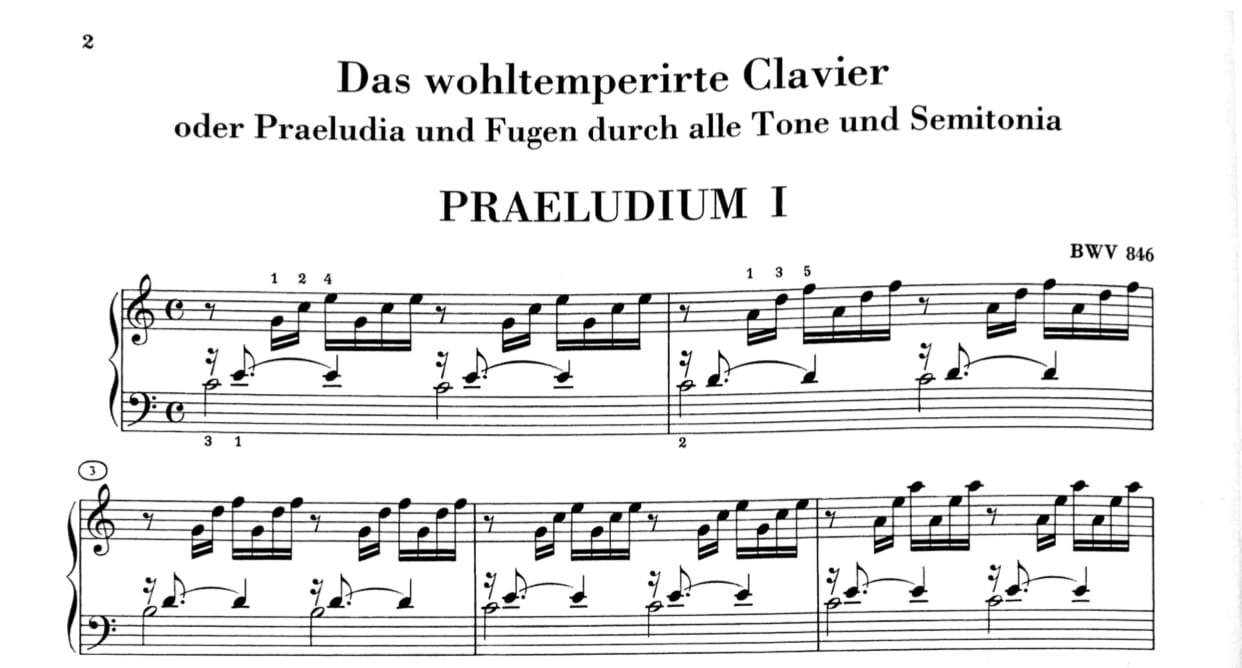The Art of Interpretation: Introduction

In 2024 I am launching a series of articles and videos on the art of interpretation and the art of listening.
It is for the benefit of all: musicians of course, but also listeners. Classical music will be the core field of exploration, but lessons will be applicable to music of any genre, as well as other art forms. I would even postulate that this subject can be put to use in any and all aspects of life. This will unfold naturally in the course of my posts.
When it comes to being a musician, most people think that the challenge is to be a good technician. While that is important, and a key to playing an instrument well, it is certainly not the true goal.
The goal is to make music.
Heinrich Heine, the German poet and critic, said in 1838 that “music was a strange thing ; [...] it is a miracle.”
This is where it starts getting interesting.
What does that mean? If making music is not a technical art, if it is indeed a strange thing, a miracle, then what can we do with it? How can we shape it?
Of course, the word "music" itself comes from the Greek Muses. They are the goddesses of creative inspiration, not technical prowess!
When it comes to classical music, many people assume that creativity is limited due to the fact that most, if not all, of the notes and musical directions are inscribed into the score by the composer, unlike jazz and pop where the musician gets to fill in many more blanks. This misunderstanding of the creative elements of classical music interpretation are a big reason for my exploration of this vast subject.
I also feel like many musicians resist being as creative as they could be. There seems to be a pervasive sense in music education that there is a right way and a wrong way to interpret masterworks, and that the space for personal exploration is very limited and constrained. Unfortunately, even well-established classical musicians sometimes fall into this trap of trying to play “correctly”. While I am not claiming that music should be performed “incorrectly”, I do think the range of freedom in interpretation is much, much wider than most musicians and listeners realize.
There is also a sense that, because the traditional classical music repertoire has been around for generations, and that great recordings have been made for nearly a century of all the great works from the core repertoire, there is no more room for new and legitimate ideas in interpretation.
I believe this to be far from the truth, as each generation and each time period provoke their own needs for specific expression. The interpretations we need in these 2020s are not those we needed in the 1920s, and vice-versa. Just like original artistic expressions, interpretation is not something that is static, untouched by trends, by new discoveries in human spirit, in science, in the arts.
I am a promoter of radical rethinking of great works. I wish to get closer to the inner feeling of the composer, by finding deeper ways of bringing out that original intention. I also think the composer him or herself is only partially conscious of what he or she creates. The work becomes its own being, and we who play or listen to that work have a tremendous responsibility toward it.
When I claim my radicality, it is in the sense of the etymological meaning of the word “radical”, referring to the root. In other words, by going back to the root, in this case the original musical work, we can become much more creative than by following established traditions of “correct” interpretations of such a work. While there are beautiful traditions that are passed on from one generation of interpreters and teachers to the next, we must always be able to question everything so that we may own all of our choices, and not simply mimic what we were told to do, or follow conventional forms of interpretation.
It is also essential that the performer-interpreter take his/her full responsibility as a co-creator of a work, for indeed, without their active participation, the composer's notations would remain lifeless.
The performer-interpreter is therefore responsible for infusing life into something otherwise lifeless, just as Prometheus infused the fire of the Gods, which he had stolen from them, into the clay figures that became human, filling them with spirit. Prometheus paid for this crime with torture imposed by Zeus for eternity. But this is what gave humans their freedom and their creativity. We must therefore use them, as Prometheus intended us to do.
Sadly, much music today is performed as if the idea was not to "wake up" the human composer/clay-figure with too much fire, in fear of offending tradition and a false idea of music. May we not disturb those gods, perched so highly above us!
The truth is, if we see ourselves as lowly in comparison to the original creators and the greatest interpreters in our pantheon, we actually do a disservice to the works themselves. The alchemy between the original creator, the work and our own self-expression is how the miracle is made.
Hence, the performer-interpreter is an equal partner to the composer in the constant (re)creation of a work.
And listeners!
Listeners must learn to listen, with their ears and their hearts (the words are mysteriously similar in English spelling), both critically but also much more openly than polite society allows.
The listener must be adventurous, must be encouraging to artists in their own explorations, for performances are not simply made by a musician (or several) on a stage, devoid of creative interactions, but it is an exchange of energy and information between the music makers and the music receivers. That is an element all musicians will confirm, but that most listeners are unaware of, especially in the quiet conventions of classical audiences.
There is a subtle dance that occurs between the players and the listeners, and the music is influenced by this movement. Listeners have a greater role to play than they realize in live performance settings to shape the course of the music as it unfolds.
These mysteries are what we will explore in this series.
I do hope readers will ask questions and make comments.
And for those in Paris, I will give a live conference on this subject on Sunday, March 3rd at 3pm at the Rachmaninoff Conservatoire. Click here to learn more.
